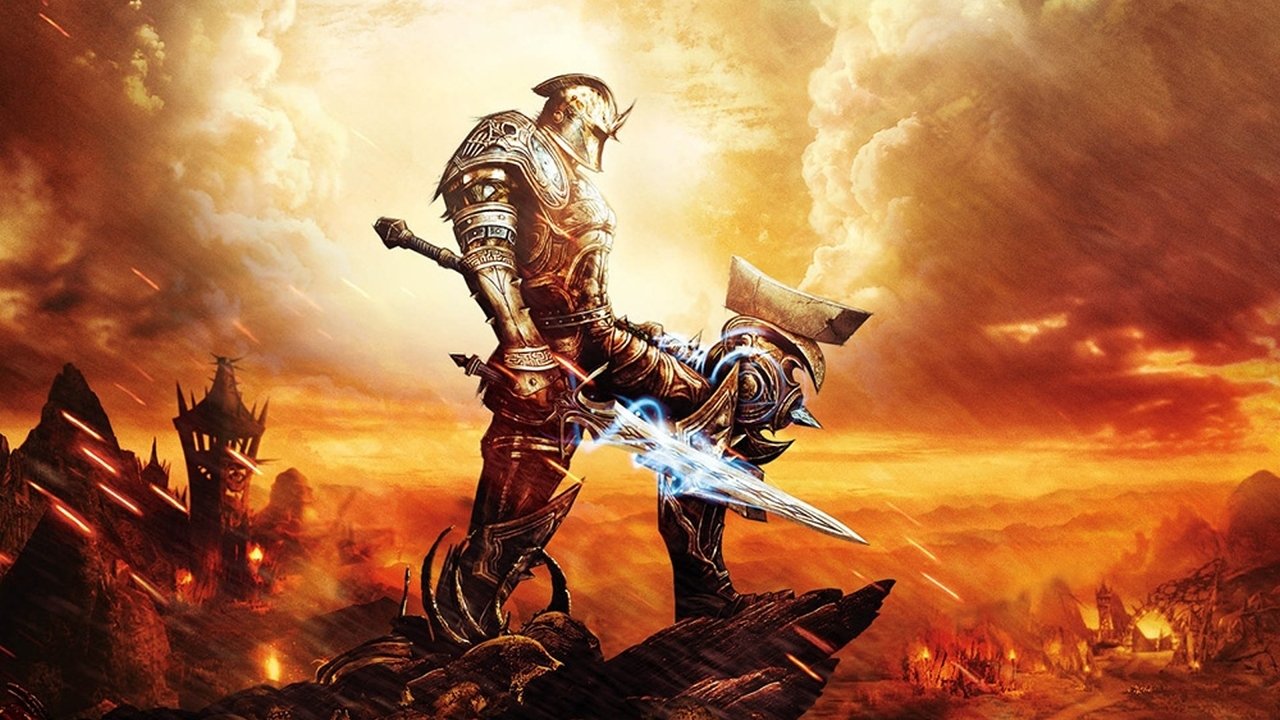It was both a sad and surprising week as the industry watched 38 Studios go from bad, to worse, to catastrophic in the space of a few days. What started as a missed loan payment turned into 11th hour talks with the governor of Rhode Island to prevent full closure and, when that failed, the layoff of the staff that had worked for years on both Kingdoms of Amalur: Reckoning and the unseen MMO codenamed “Copernicus” that was supposed to take place in the same fictional world. Instead, what we’re left with is a lot of promise and some pretty high budget promotion and marketing that amounted to too much money spent in the wrong places, and not enough profit to show for it when the final accounting came in sales.
In a sad and prophetic bit of journalism, this is something I was actually writing about just days before the 38 Studios story began its long, painful spiral towards collapse. I had voiced my concerns that if studios spent too much money on their production values, that huge budget would require them to sell a title in huge numbers just to break even, let alone actually turn a profit. This, apparently is exactly what happened to 38 Studios, if the press conference held by Governor Lincoln Chafee is accurate. The Rhode Island governor revealed to the press that in order for 38 Studios to remain financially viable, Amalur, an unknown RPG property coming off the heels of The Elder Scrolls V: Skyrim, had to sell at least three million copies. Since its February debut, it’s sold just a little over one.
This scenario reminds me a lot of another that I saw a few years ago, with a similar arc of fame, marketing, and ultimately failure. I still remember when Bill Roper, one of the pivotal members of Blizzard North—they made Diablo, if you didn’t know—had formed his own studio along with other Blizzard North refugees. They called it Flagship Studios and they immediately went to work creating a post-apocalyptic fantasy game dubbed Hellgate: London. Like Curt Schilling, they had fame on their side, although in this case, the good will came not from being an athlete that had helped to win the World Series, but the warm, geeky glow of fan appreciation from the millions of fans around the world that had enjoyed Diablo and Diablo II. At the time, I was writing for a gaming publication in Asia, but because some serious server infrastructure was being constructed for the game in Singapore, a big media event was held there to mark the occasion. An obscene amount of money was spent on this promotion. In addition to flying Bill Roper down and letting journalists like myself interview him, the parties involved staged… well, parties. Expensive ones. They also celebrated the announcement of the game and its Asian servers by going to sword smiths in the region and having them custom forge swords from various famous fictions—including The Lord of the Rings—to present to each one of the important members of this endeavour, including Bill Roper. In hindsight, it was a gigantic waste of money that could have better served the development time and online infrastructure of the game, since both were so problematic that Hellgate: London limped out of the gate and into dismal failure shortly after launch, with Flagship Studios following closely behind.
The worst part about stories like this is that life goes on for everyone involved, but for people not at the top, getting on can be much harder. Curt Schilling for example, is a World Series champ. No matter what happens, he comes out of this with a bruised ego and some valuable business lessons. But what about the people who worked under him? It’s already come to light that several employees who lived in other parts of America and moved to Rhode Island just found out they now have house payments on their old homes to deal with. The sale of their former homes, which was supposed to have been taken care of by 38 Studios, was apparently NOT taken care of, and now these poor people find themselves not just out of a job, but saddled with two home mortgages in the bargain.
Where did all the money go? What happened to the organization in this company? How you entice groups of hard working artists, programmers and other development staff to uproot themselves, only to put them in one of the direst financial situations possible for a non-millionaire? And what kind people in charge had the expectation that a totally unknown property in a genre that was not the FPS was somehow, reasonably, going to sell three million copies in order to cover all development costs?
I stand by my belief that we are not looking at another videogame crash like the one precipitated by Atari in the 80s. However, 38 Studios—and the many other studios and publishers before them—demonstrate the rules of survival are changing in the industry, and a great evolutionary culling is in the offing. Considering how badly things are going for them, it wouldn’t surprise me if the next step up from Yet Another Studio Closing is an entire publisher. THQ is not in a good way right now, and their emphasis on licensed property and betting on the predictability of the casual audience has not helped them at all. Their most reliably selling titles have been hardcore games and they’ve ignoring those a lot lately.




